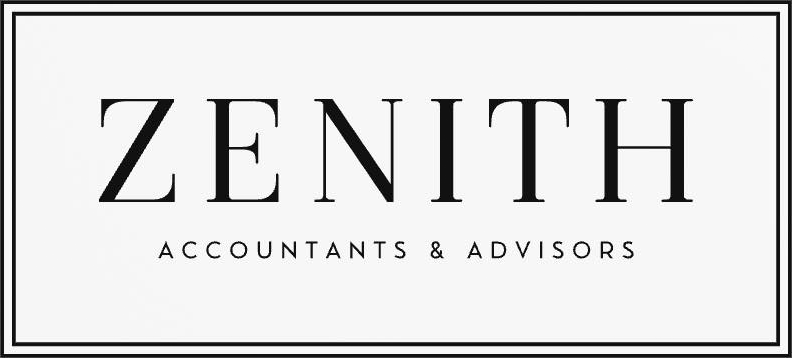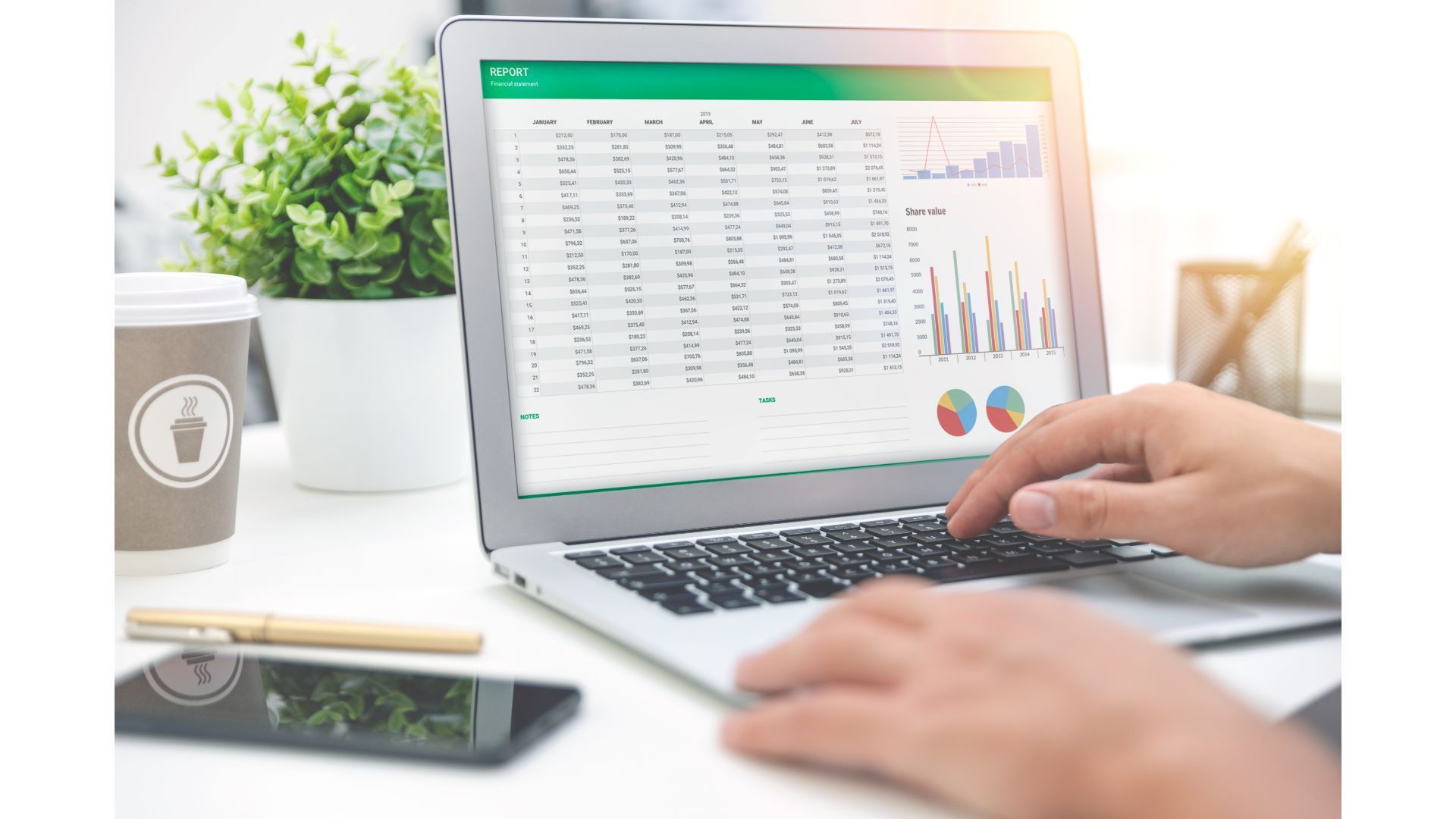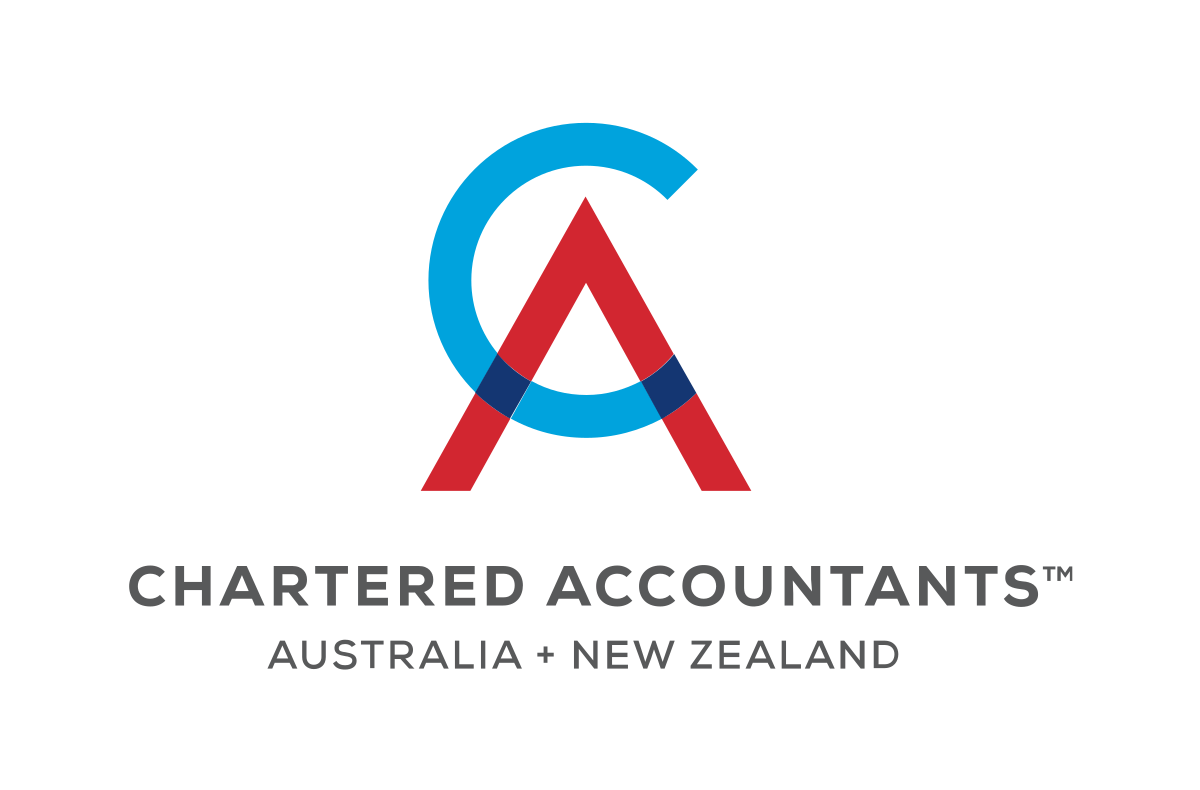The Best Accounting Software for Small Businesses
Effectively managing finances is crucial for the success of any small business and with a variety of accounting software available, it can be challenging to choose the right one.
This blog will provide a detailed overview of the best accounting software for small businesses, including QuickBooks, Xero, MYOB and Reckon. We'll explore the features of each, their suitability for different business sizes and how they can streamline your financial operations.
Why Using Accounting Software is Important
Accounting software plays a vital role in modern business management. Here are a few key reasons why using accounting software is essential for small businesses:
1. Improving Accuracy
Manual bookkeeping is prone to errors, which can lead to costly mistakes and compliance issues. Accounting software automates many of the data entry tasks, reducing the risk of human error and ensuring your financial records are accurate.
2. Enhancing Efficiency
Accounting software streamlines financial processes, from invoicing to expense tracking and payroll management. This automation saves time and allows business owners and their staff to focus on more strategic activities, such as growing the business.
3. Real-Time Financial Insights
With accounting software, you can access real-time financial data, which helps in making informed business decisions. This visibility into your financial health enables better cash flow management and financial planning.
4. Simplifying Compliance
Staying compliant with the ATO is a critical aspect of running a business. Accounting software helps in automating compliance-related tasks, such as BAS reporting and payroll processing, ensuring you meet all statutory requirements without hassle.
Our Recommendations For Accounting Software
Here are a few of the top accounting software options:
1. QuickBooks Online
QuickBooks Online was developed by Intuit and is a popular choice among small businesses. It offers a range of features tailored to meet the needs of businesses of various sizes.
Key Features
- Receipt Snap: Capture and organise receipts using the QuickBooks mobile app, simplifying expense tracking.
- Automated BAS Statements: Users benefit from automated Business Activity Statement (BAS) reporting, ensuring compliance with tax regulations.
- Cash Flow Forecasting: Provides insights into your cash flow, helping you plan for future expenses and investments.
- Invoicing: Customisable invoices can be sent directly from the platform, with options for automatic reminders for overdue payments and an option for recurring invoices.
- Payroll Integration: QuickBooks integrates with various payroll services, making it easy to manage employee payments and comply with payroll regulations.
- Multi-Currency Support: Manage transactions in multiple currencies, useful for businesses dealing with international clients.
Best For
QuickBooks Online is ideal for small to medium-sized businesses. Its scalability makes it suitable for sole traders, freelancers and growing businesses that require more advanced features as they expand.
2. Xero
Xero is a cloud-based accounting software known for its user-friendly interface and robust features. It’s particularly popular among small businesses and startups.
Key Features
- Receipt Snap: Capture receipts and attach them to expenses, making record-keeping straightforward.
- Automated BAS Statements: Provides automated BAS reporting, ensuring compliance and saving time on manual data entry.
- Cash Flow Forecasting: Offers tools for cash flow management and forecasting, providing a clear picture of your financial health.
- Bank Reconciliation: Automatically matches bank transactions with your accounting records, reducing errors.
- Inventory Management: Includes inventory management features to track stock levels and costs.
- Payroll Management: Integrated payroll functionality, including superannuation calculations and Single Touch Payroll (STP) compliance.
Best For
Xero is suitable for small to medium-sized businesses, especially those looking for a comprehensive solution with a strong focus on ease of use and automation.
3. MYOB
MYOB (Mind Your Own Business) is a well-known accounting software provider offering solutions tailored to local business needs.
Key Features
- Automated BAS Statements: Provides automated BAS reporting, ensuring businesses stay compliant with tax regulations.
- Cash Flow Forecasting: Includes tools for managing and forecasting cash flow, helping businesses plan their finances effectively.
- Payroll Management: Integrates payroll processing, including superannuation and employee leave management.
- Invoicing: Customisable invoices and automatic payment reminders streamline the invoicing process.
- Inventory Management: Inventory management features help businesses track stock levels and manage orders.
- Single Touch Payroll (STP): Ensures compliance with payroll reporting requirements.
Best For
MYOB is ideal for small businesses that need comprehensive accounting, payroll and inventory management features. It’s particularly well-suited for businesses that require localised solutions.
4. Reckon
Reckon is another popular accounting software known for its affordability and range of features suitable for small businesses.
Key Features
- Automated BAS Statements: Offers automated BAS reporting, ensuring compliance with tax regulations.
- Cash Flow Forecasting: Provides tools for managing and forecasting cash flow.
- Invoicing: Customisable invoices with options for recurring invoices and automatic reminders.
- Bank Reconciliation: Automatically matches bank transactions with your records, reducing errors.
- Payroll Management: Includes payroll processing with superannuation calculations and compliance with STP.
- Multi-Currency Support: Manage transactions in multiple currencies.
Best For
Reckon is suitable for small businesses and sole traders looking for an affordable yet comprehensive accounting solution.
Finding the Right Accounting Software that Can Grow with Your Business
Choosing accounting software that can scale with your business as it grows is crucial. Your business needs will evolve over time, and having a solution that can adapt to these changes ensures continuity and efficiency. Here are a few factors to consider when selecting accounting software:
1. Scalability
Ensure the software can handle an increasing volume of transactions and users as your business expands. Look for features that can be added or upgraded as needed.
2. Flexibility
Choose software that offers a range of features suitable for different stages of your business growth. This includes basic bookkeeping for startups and more advanced features like inventory management and payroll processing for growing businesses.
3. Integration Capabilities
Accounting software that integrates with other business tools and systems, such as CRM, payroll and e-commerce platforms, will save time and reduce the risk of errors from manual data entry.
4. Support & Training
Select a provider that offers robust customer support and training resources to help you and your team get the most out of the software.
Conclusion
Using accounting software is crucial for improving accuracy, enhancing efficiency and gaining real-time financial insights, all of which leave more time for business owners to focus on growth.
At Zenith Accountants & Advisors on the Gold Coast, we’ll help you choose the most suitable
accounting software for your business and ensure you know how to leverage it to streamline your business operations. Book a consultation today.
Written By Tom Thynne
Tom is the director of Zenith Accountants & Advisors. With over seven years of public practice experience, Tom can see what it takes to make a business successful. Tom is a Chartered Accountant, Financial Planner, Registered Tax Agent and Certified Advisor in QuickBooks Online and Xero.









